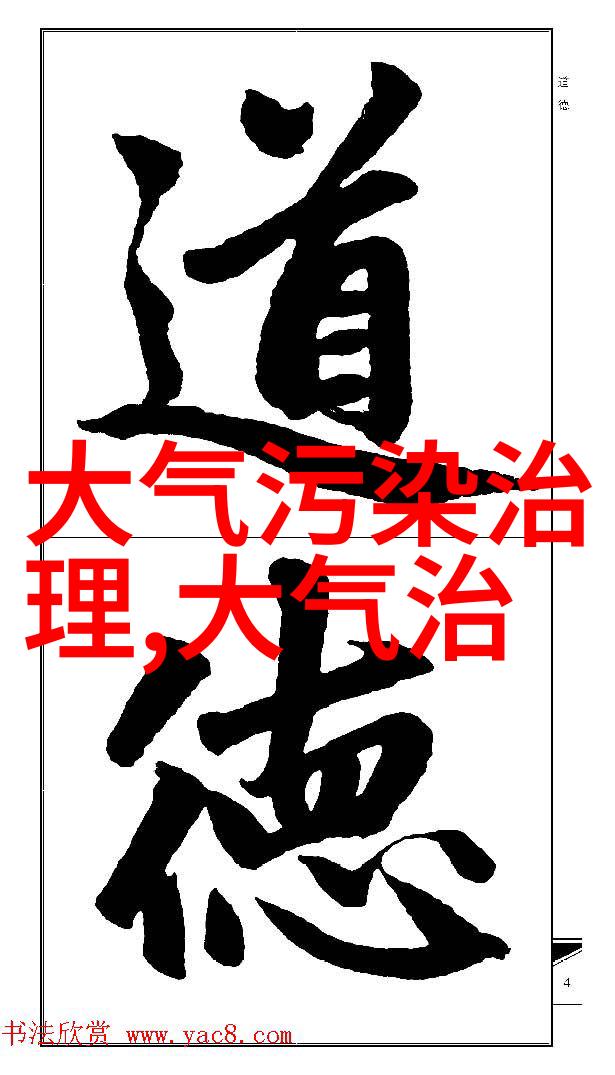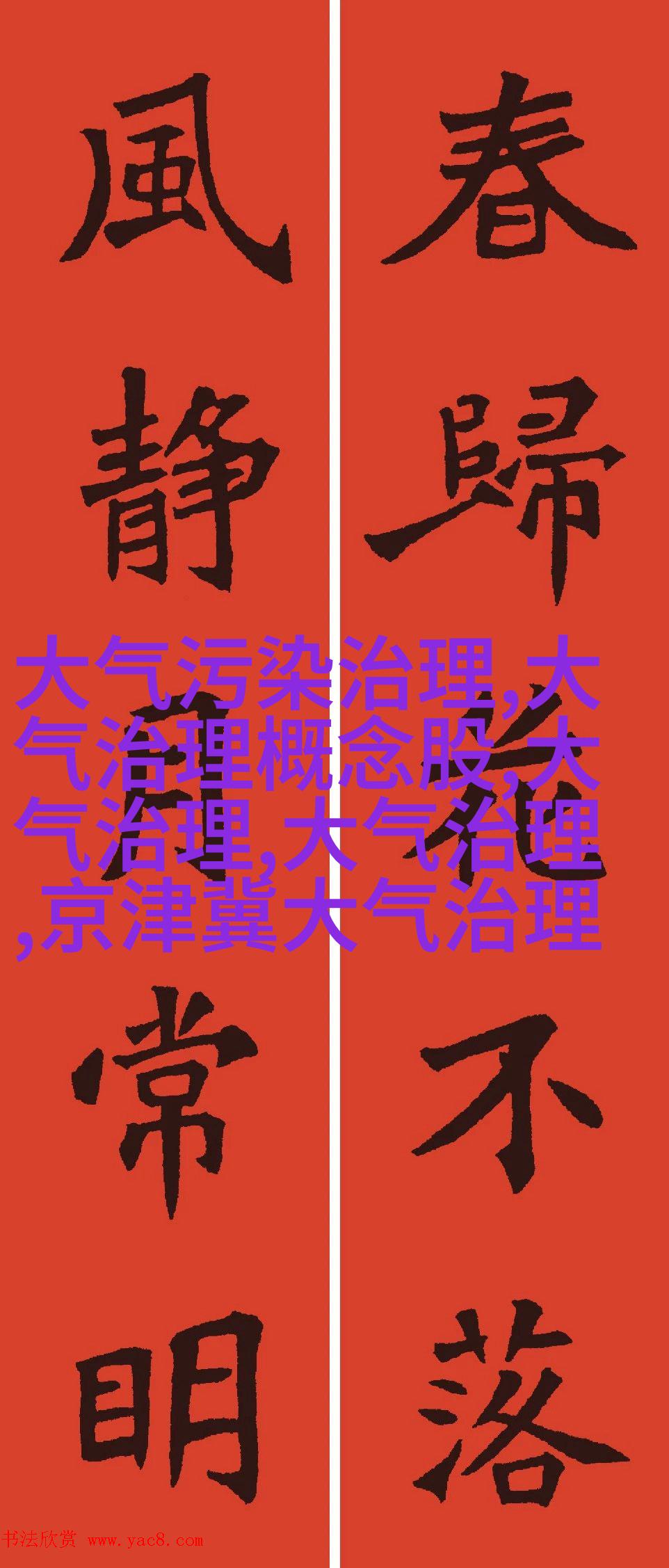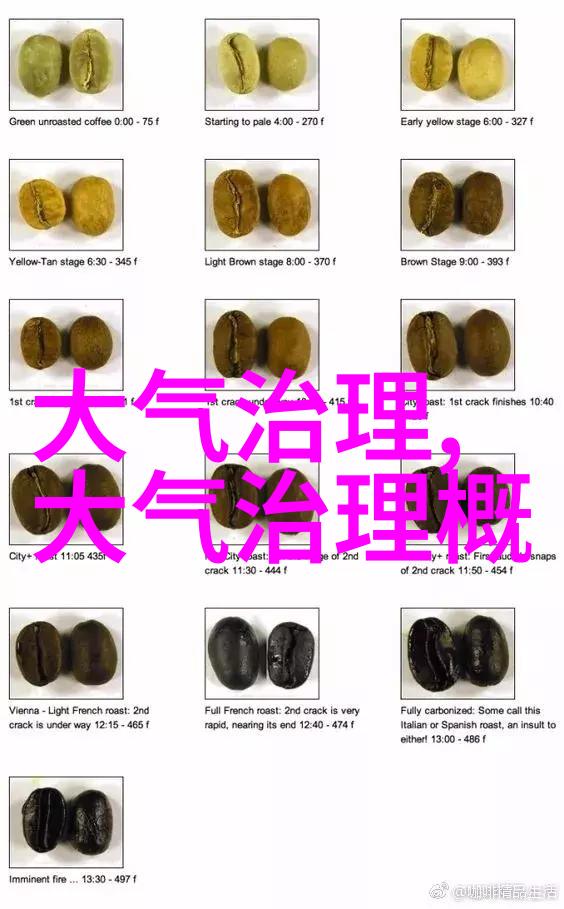对于工业排放物的控制陕西省环境监测中心站有何策略
在中国西北地区,陕西省作为重要的工业生产基地,其经济发展水平和工业化进程都处于前列。随着工业化进程的加快,伴随而来的污染问题日益严重。因此,对于如何有效地控制工业排放物,尤其是在保护环境、改善空气质量方面,陕西省环境监测中心站扮演着至关重要的角色。

首先,我们需要了解什么是工业排放物。所谓工业排放物,是指由各种企业和工厂在生产过程中产生的一系列废气、废水、固体废弃物等,这些都是对大自然造成潜在破坏的因素。在没有有效控制的情况下,这些污染物会直接进入大气层和水体,从而影响到人类健康以及生态平衡。
接下来,我们来探讨一下陕西省环境监测中心站是如何进行这种控制工作的。首先,该机构通过建立一套全面的监测网络,以确保能够全面覆盖整个省内各个角落。这包括了空气质量监测点、水质监测点以及土壤污染检测点等多种类型,使得每一个环节都能得到及时准确的地面数据。

此外,对于那些高发污染行业,如钢铁、煤炭等行业,在采取防治措施之前,还要进行详细调查分析,以确定主要污染源,以及它们对周围环境造成影响的情况。此后,将制定出针对性的治理方案,并监督这些企业执行这些措施。如果发现任何违规行为,即刻采取法律手段予以处理。
为了进一步提高效率,同时减少成本,一些先进技术也被引入到了这个领域,比如利用卫星遥感技术来检查土地变化情况;使用移动实验室快速测试样本;甚至还有基于人工智能的大数据分析系统,用以预警可能出现的问题并提前做好准备。此外,也鼓励公众参与,如通过手机APP上报疑似违法行为或提供信息帮助管理部门更好地把握局势。

除了这些具体操作之外,教育也是非常关键的一个环节。不仅要让公众意识到这场战争背后的原因,还要让他们知道自己应该怎样去行动。而对于那些从事相关工作的人员,他们需要不断接受专业培训,让他们掌握最新最有效的手段去应对这一挑战。
最后,但同样不容忽视的是政策支持与资金投入。一旦有了明确目标和方法,那么财政上的支持就显得尤为必要。这可以包括补贴给实施清洁能源替代项目的小型企业,或是直接资助研究新环保技术开发者们。但同时也必须注意,不断调整政策机制,以适应市场需求和科技发展,为可持续性提供保障。

总结来说,对于Industrial Pollution control, 陕西省 Environment Monitoring Center plays a vital role in monitoring and managing pollution levels. They have developed a comprehensive network of monitoring stations that cover the entire province, including air quality, water quality and soil pollution. They also work closely with industries to identify main sources of pollution and develop targeted solutions. Furthermore, they use advanced technologies such as satellite imagery, mobile laboratories and big data analysis systems to improve efficiency and accuracy.
In addition to these technical measures, education is also an important aspect. The public needs to be aware of the reasons behind this war against pollution and how they can contribute to it. And for those working in this field, continuous professional training is essential so they can stay up-to-date with the latest methods.

Finally but importantly, policy support and funding are crucial once goals are set out and methods determined. This includes subsidies for small enterprises implementing clean energy projects or directly funding researchers developing new environmental technologies.
In conclusion, controlling industrial pollution requires a multi-faceted approach involving technology development , industry cooperation , public awareness campaigns , continuous professional training for personnel involved in this field ,and appropriate policy support & funding .



